Comparing to Spring projections, European Commission kept 2019 Eurozone growth forecast unchanged at 1.2%. But for 2020, growth projection was lowered slightly from 1.5% to 1.4%. For EU28, 2019 and 2020 growth forecasts were kept unchanged at 1.4% and 1.6% respectively.
On prices, Eurozone 2019 inflation forecast was lowered from 1.4% to 1.3%. Similarly, 2020 inflation projection was lowered from 1.4% to 1.3% too. For EU28, 2019 and 2020 inflation forecasts were lowered to 1.5% and 1.6%, down from 1.6% and 1.7%.
Looking at some major countries, Germany forecast was kept unchanged at 0.5% in 2019, downgraded from 1.5% to 1.4% in 2020. France growth forecast was kept unchanged at 1.3% in 2019, downgraded from 1.5% to 1.4% in 2020. Italy growth forecasts were held unchanged at 0.1% in 2019 and 0.7% in 2020.
European Commission Vice President Valdis Dombrovskis said: “The resilience of our economies is being tested by persisting manufacturing weakness stemming from trade tensions and policy uncertainty. On the domestic side, a “no deal” Brexit remains a major source of risk.”
Commissioner Pierre Moscovici urged: “Given the numerous risks to the outlook, we must intensify efforts to further strengthen the resilience of our economies and of the euro area as a whole.”
Full release here.




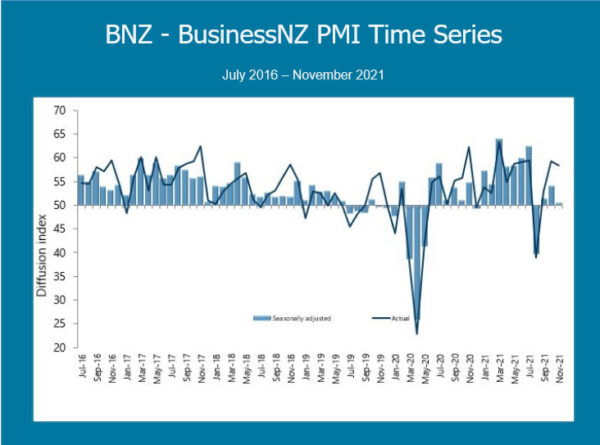
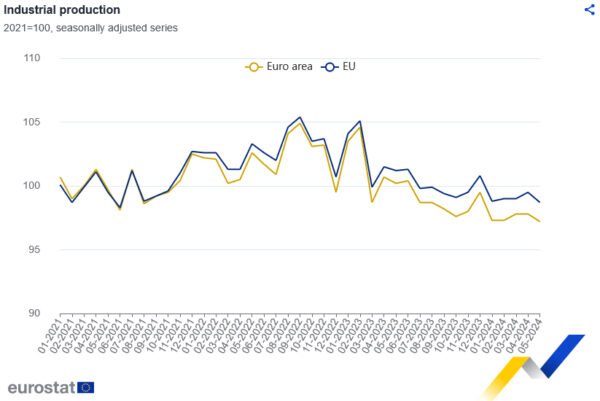

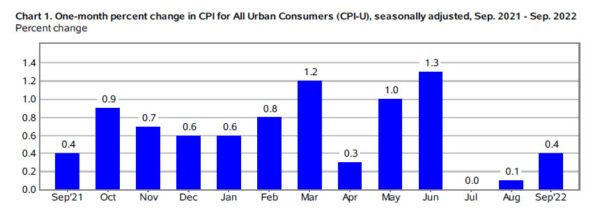
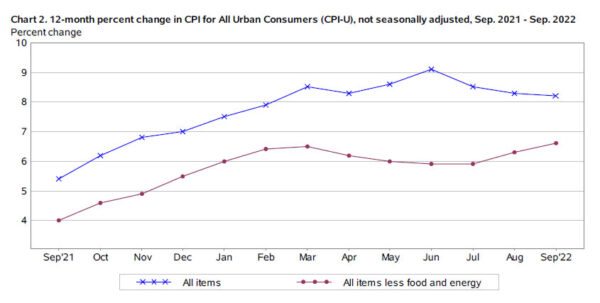
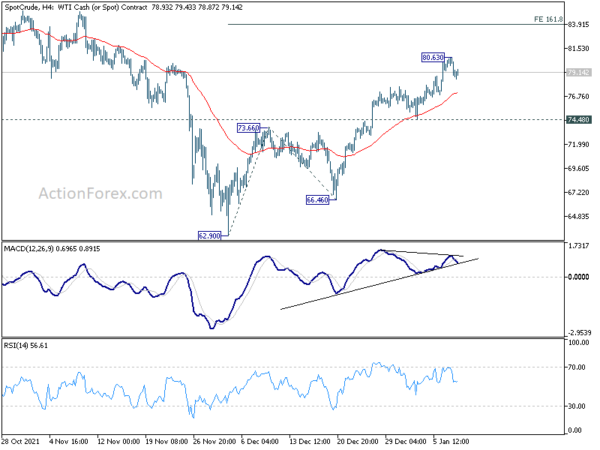
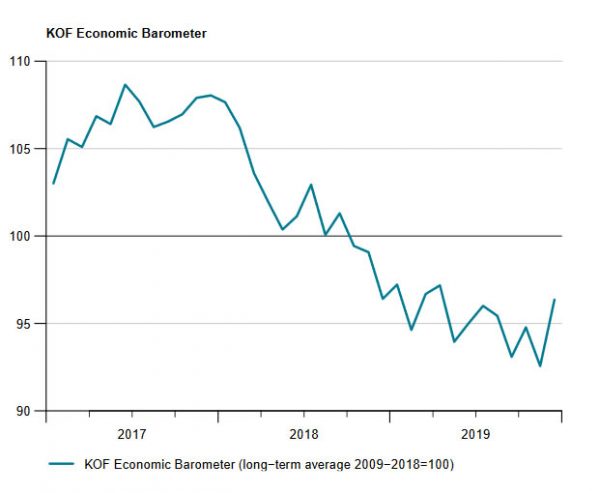
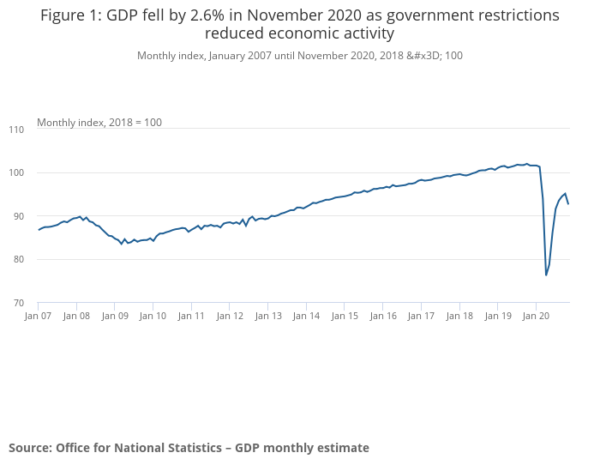
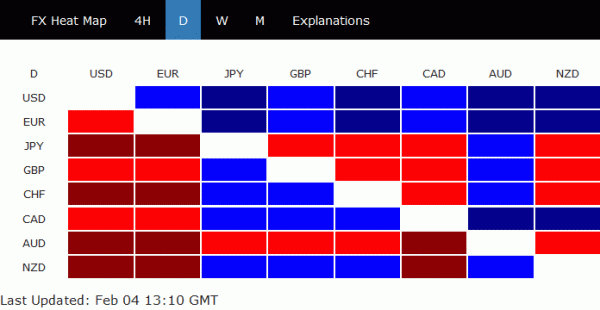
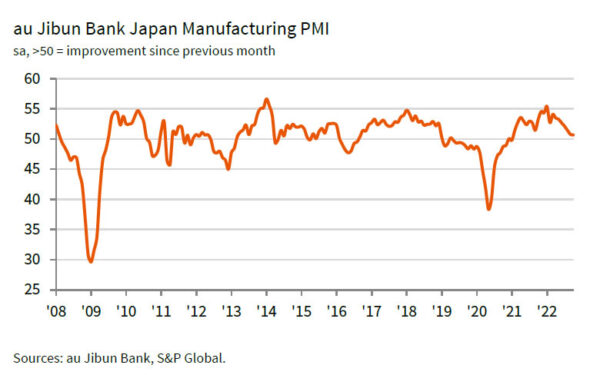
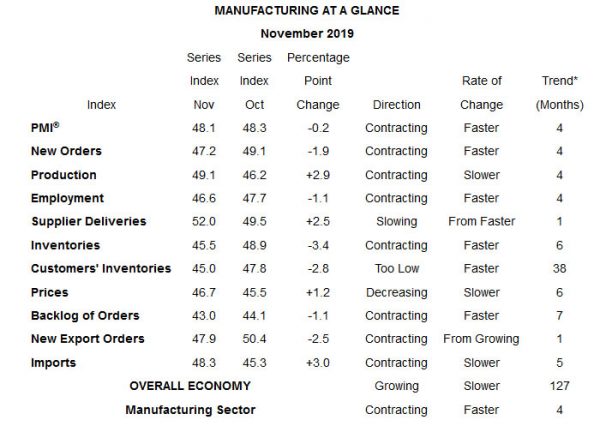

Japan said to remove South Korea from trade whitelist
Kyodo news reported that, as trade frictions intensified, Japan is going to remove South Korea from the white list of countries that gives the latter preferential treatment in trade. The announcement could be made as soon as on August 2, and change could take effect after 21 days.
Japan is reported to have cited “significantly undermined” trust between the two countries and “certain issues” with South Korea’s export controls and regulations. After the move, products and technology that could be diverted to military use would need to obtain approval from Ministry of Economy before exporting to South Korea.
Asked about the plan, Chief Cabinet Secretary Yoshihide Suga told a news conference that nothing had been decided on the time frame. There are currently 27 countries on Japan’s white list including the United States, Britain, Germany, Australia, New Zealand and Argentina.